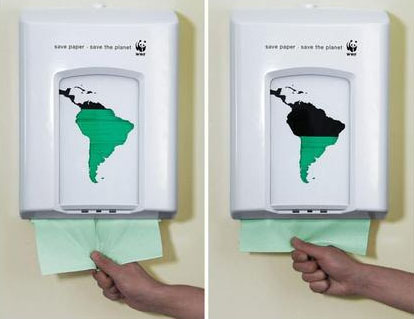The effects of global warming and climate change on the ocean are still under much debate. Some see the onset of a damaging megadrought while others forecast water temperatures as high as 107ºF. Regardless of the causes or the results, we are seeing major changes in life beneath the sea. Some ocean species are migrating further north, causing shifts in food chains and the fishing industry, while other populations are decreasing at rapid rates.
 In fact, the recent revision to the underestimated numbers released earlier now states that “more than 16,000 species (are) threatened with extinction.” According to the International Union for the Conservation of Nature (IUCN), “One in three amphibians, one in four mammals, one in eight birds and 70% of plants so far assessed for its Red Lists of Threatened Species are believed to be at risk.”
In fact, the recent revision to the underestimated numbers released earlier now states that “more than 16,000 species (are) threatened with extinction.” According to the International Union for the Conservation of Nature (IUCN), “One in three amphibians, one in four mammals, one in eight birds and 70% of plants so far assessed for its Red Lists of Threatened Species are believed to be at risk.”


